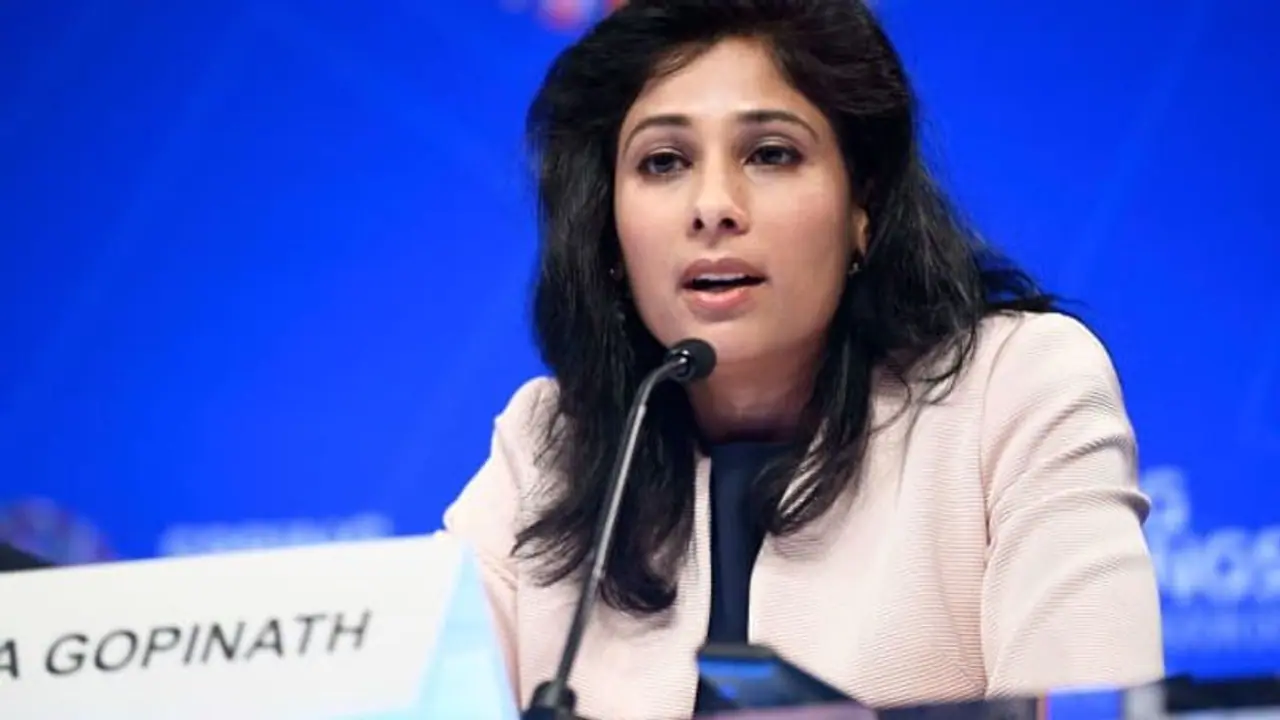Gita Gopinath, IMF’s chief economist has backed the farm laws
Bengaluru: India witnessed riots on Republic Day over farm laws by unscrupulous elements. Many believe that these laws are a death-knell for farmers as they feel corporates will take over.
However, Gita Gopinath, IMF’s chief economist has backed the laws.
In this regard, she said, "Indian agriculture is in need of reforms. There are multiple areas where the reforms are needed, including infrastructure".
She added, "That said, every time a reform is put in place, there are transition costs. One has to make sure and pay close attention that it's not harming vulnerable farmers, to make sure that the social safety net is provided. Clearly, there is a discussion right now and we'll see what comes out of it”.
It is not just she who says it. Last year, Israel ambassador to India Ron Malka had jumped into the issue, adding that the farm laws will only empower more farmers.
Elucidating on the issue, the ambassador had revealed how the concept of middlemen doesn’t exist in Israel.
"In Israel, there are no middlemen. There is full transparency and farmers are connected to customers. This is working very efficiently with very advanced digital platforms," Malka had said.
Furthermore, he had said, "Once the Indian market is open and every farmer can sell to anyone they want...they can adopt these platforms (developed by Israel) by making necessary adjustments for local market conditions.”
He is of the view that the farmers still need to acquire more knowledge about the laws. And once they do it, it would be easy for them to bargain.
"It will take some time to do some adjustments as the current system has been in place for a long time, but once the dust settles and we get a new equilibrium, it will be for the benefit of farmers, customers and of course the overall Indian economy," he said.
Stressing that India and Israel had good relations, he added that agriculture was the binding factor.
"Our most successful collaboration on agriculture is with India. We have now 29 centres of excellence in agriculture functioning all over India. In one year, 1,47,000 farmers were trained in these Indo-Israel centres of excellence," he said.
